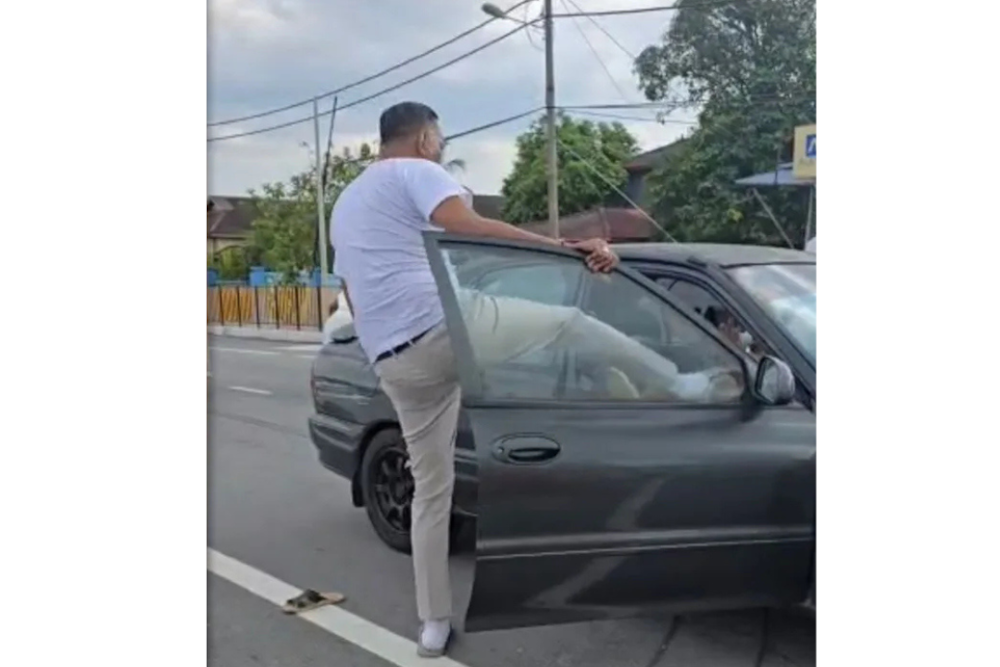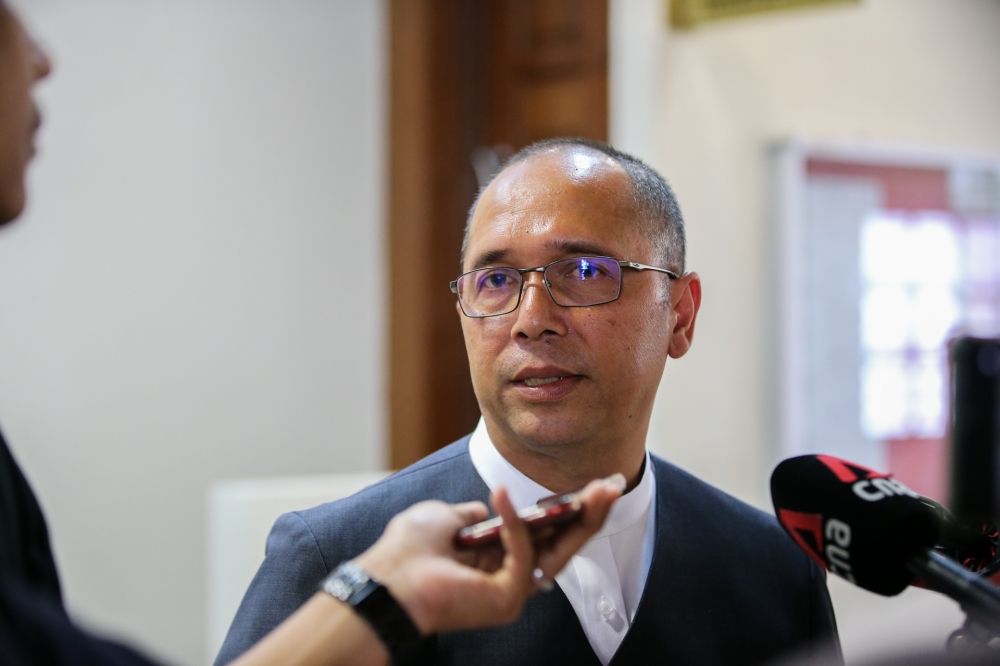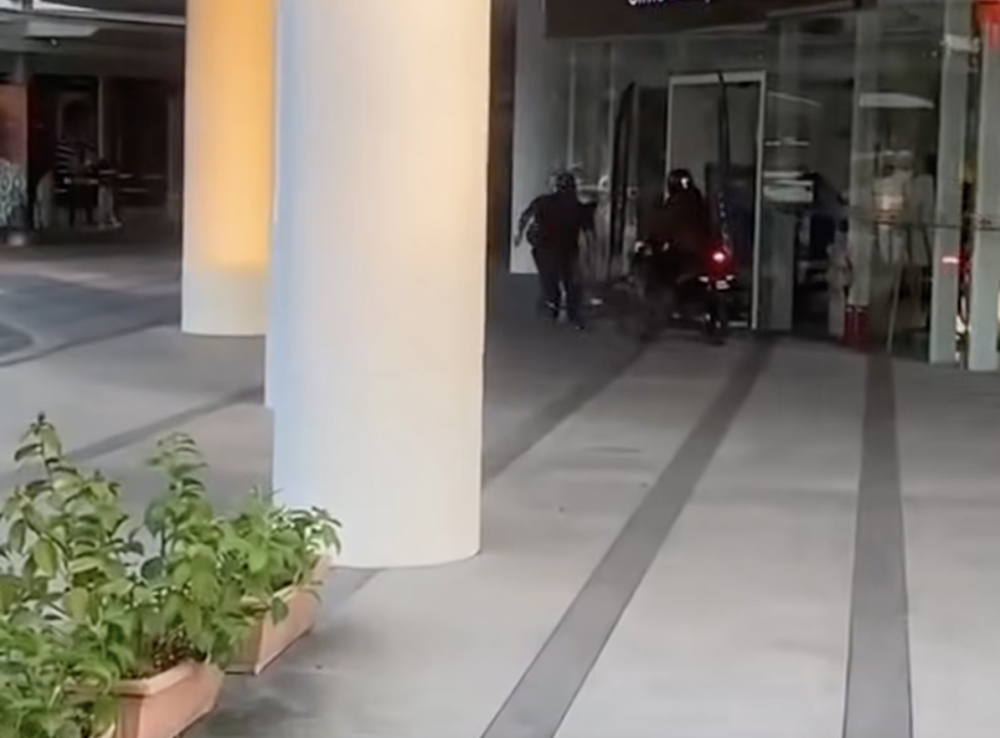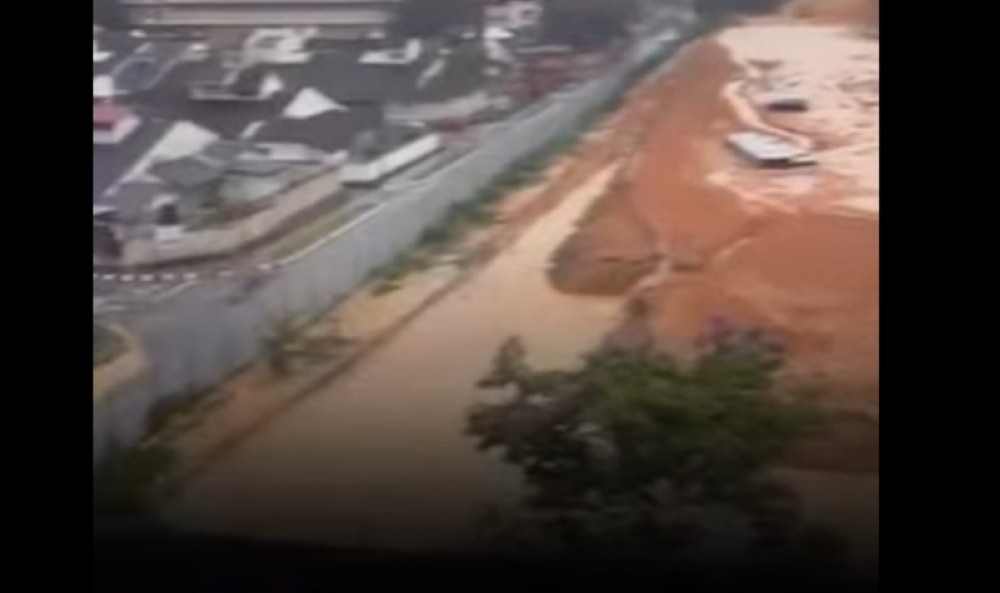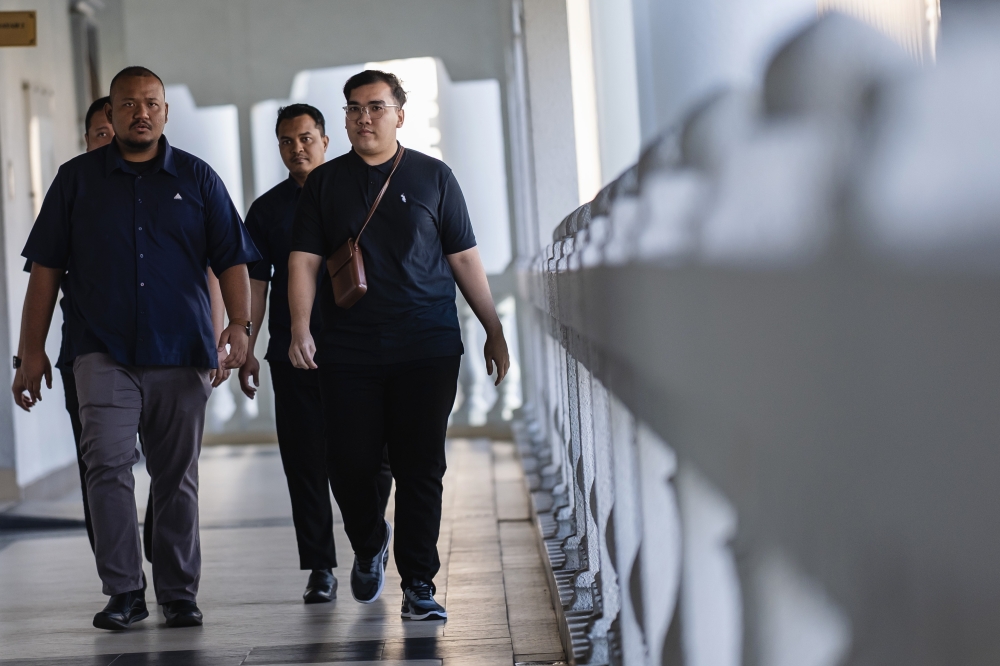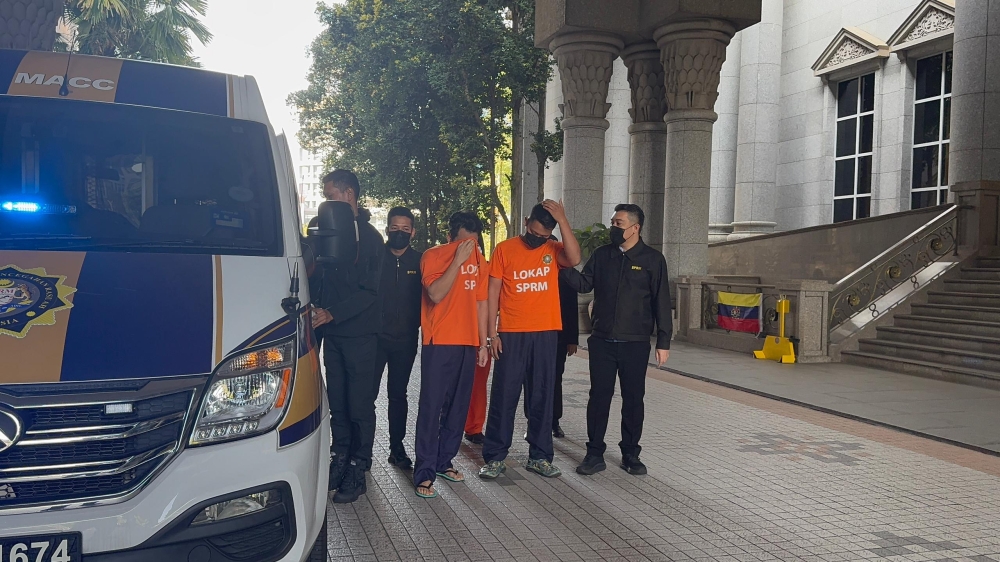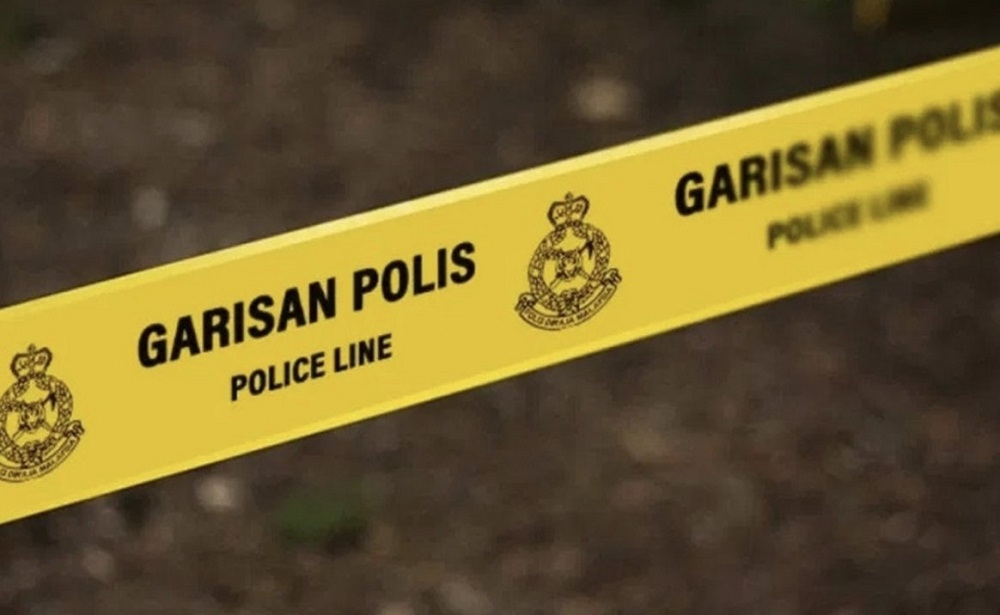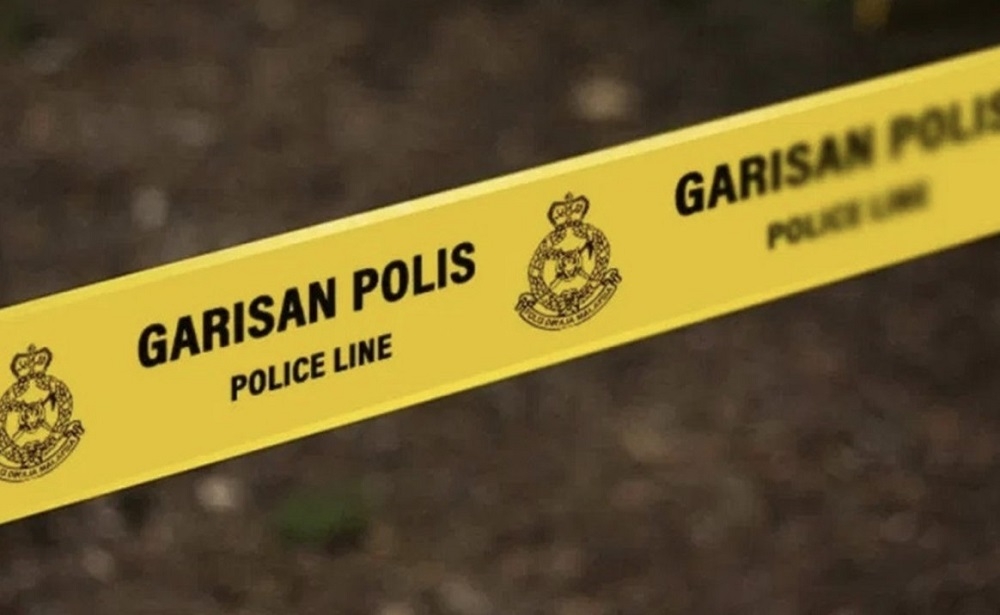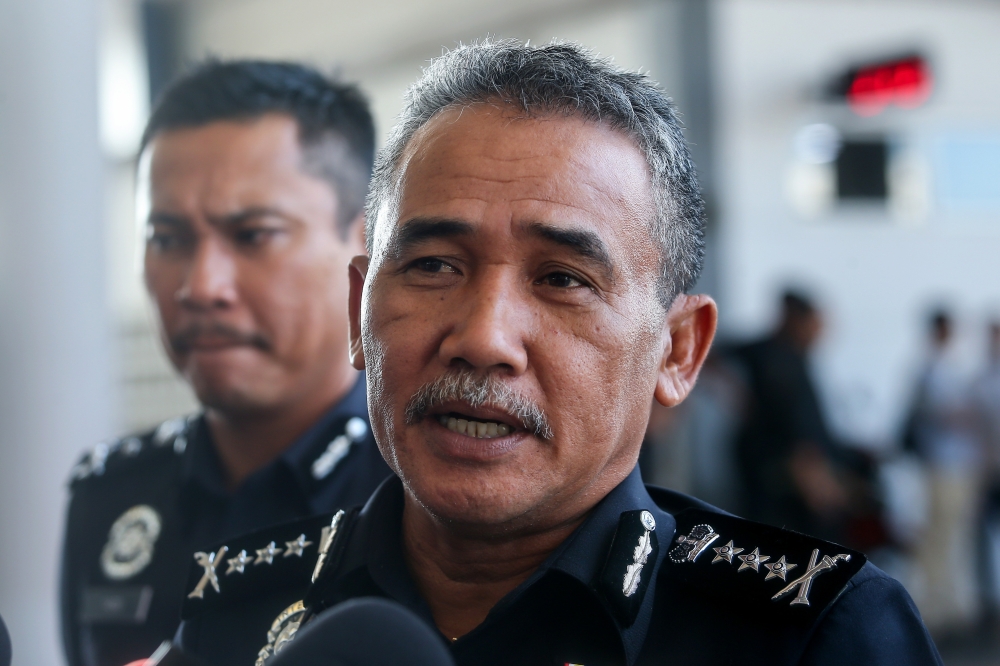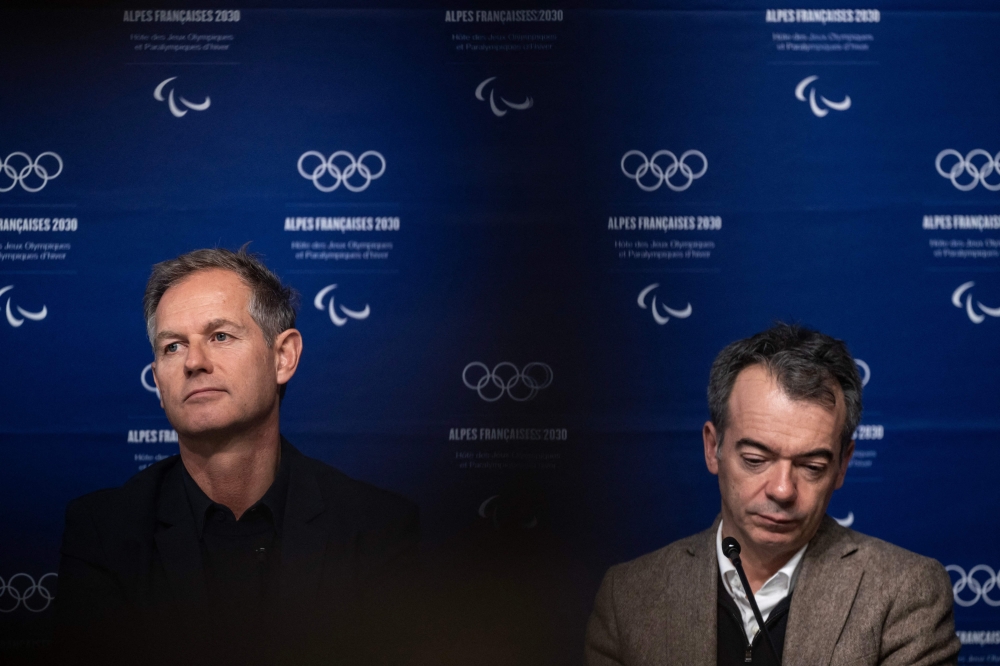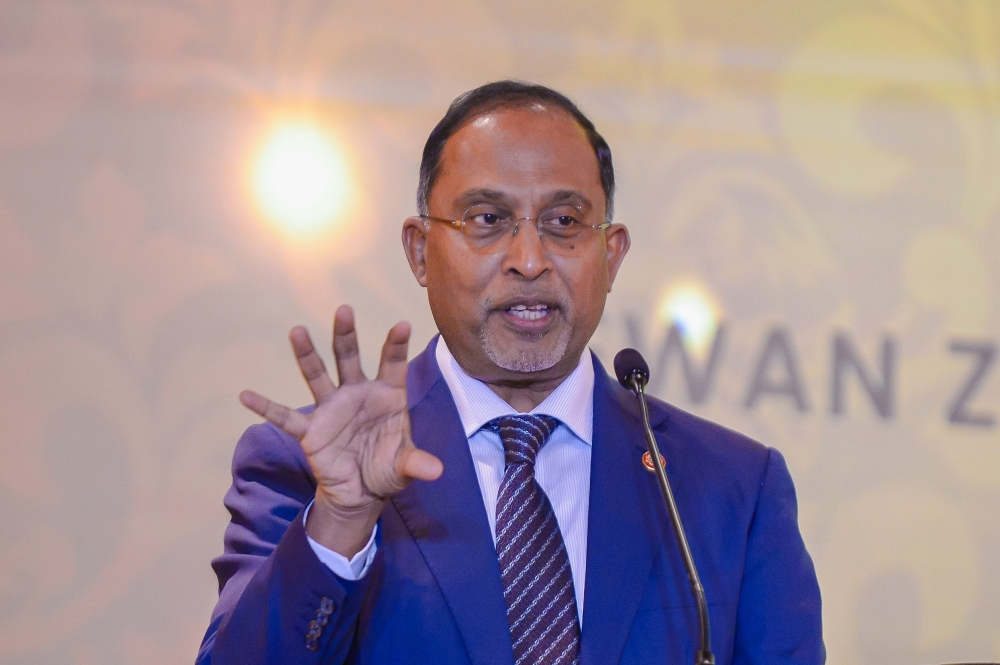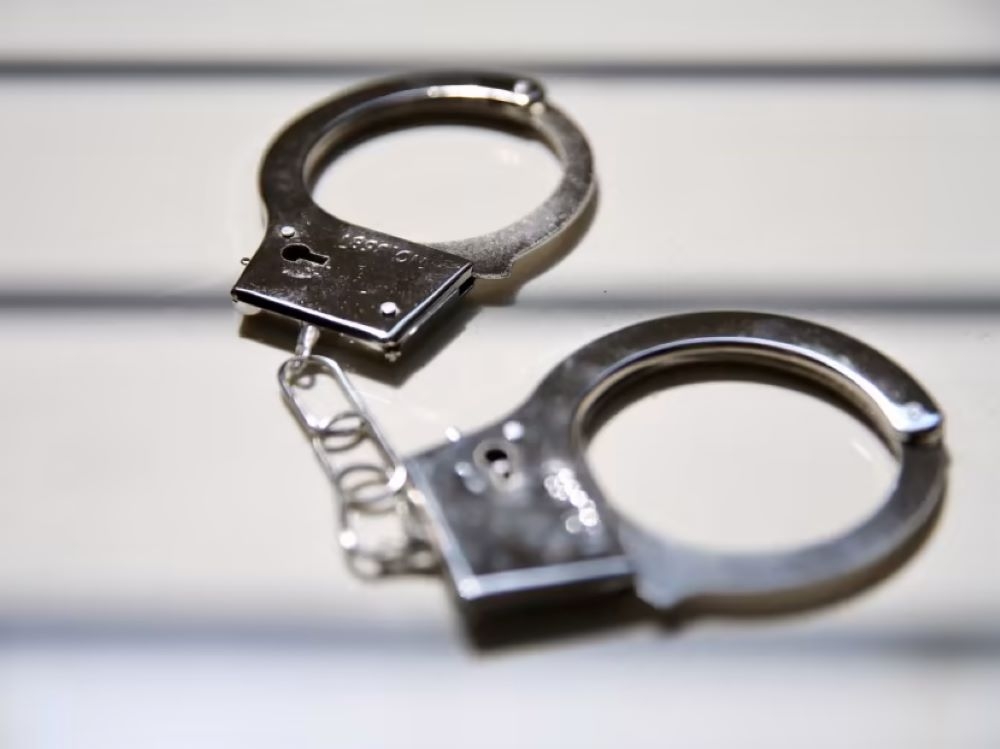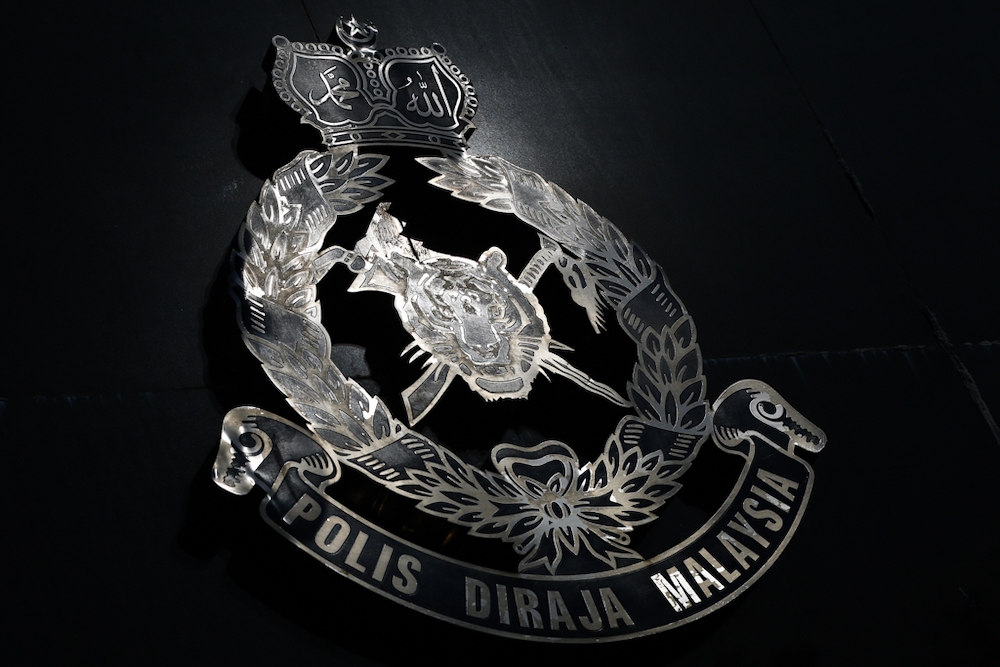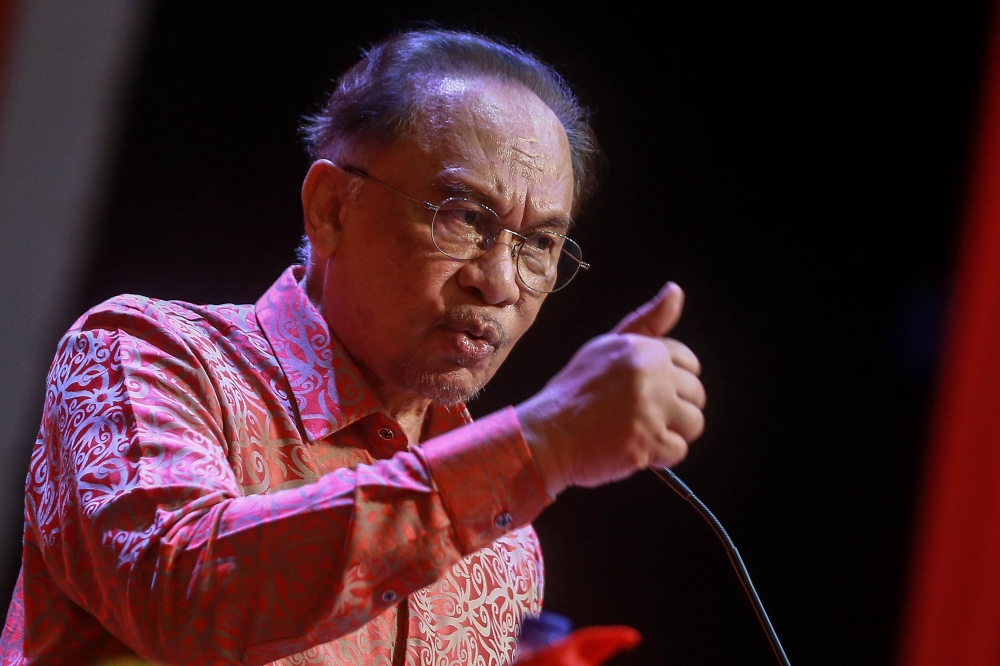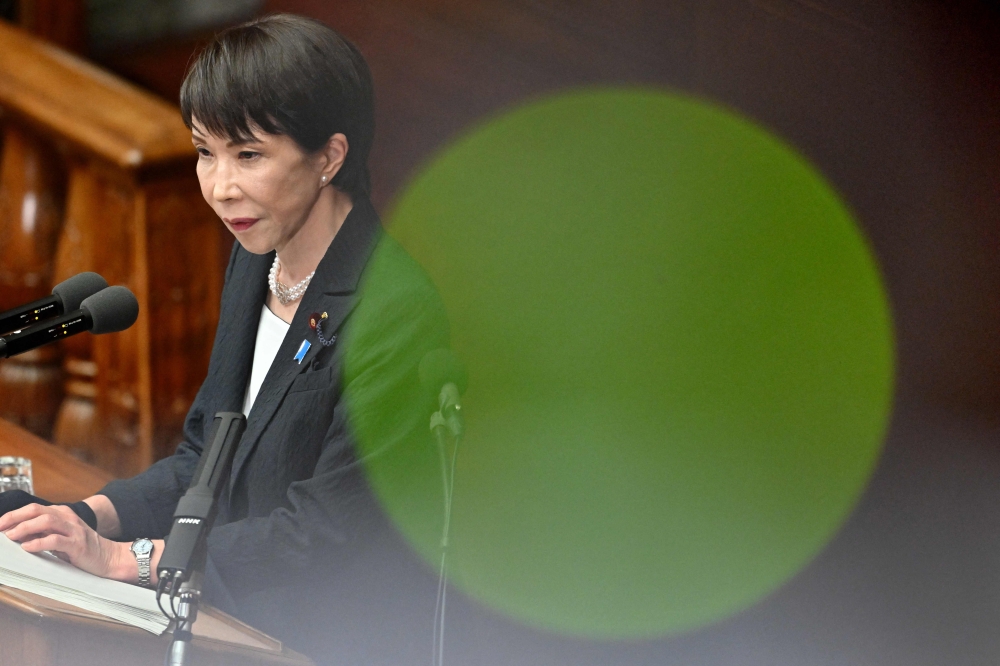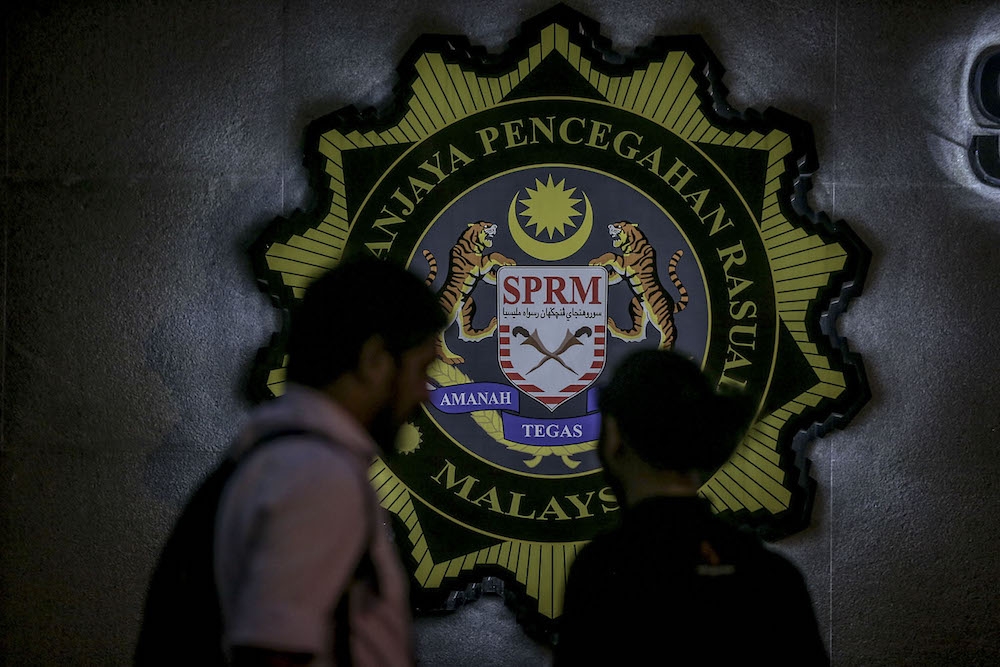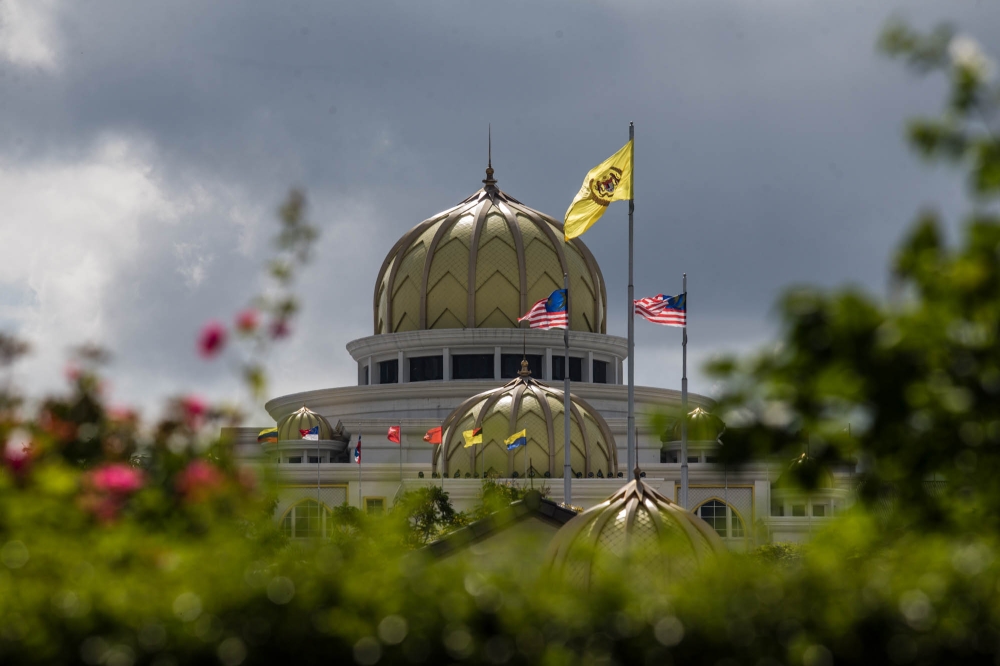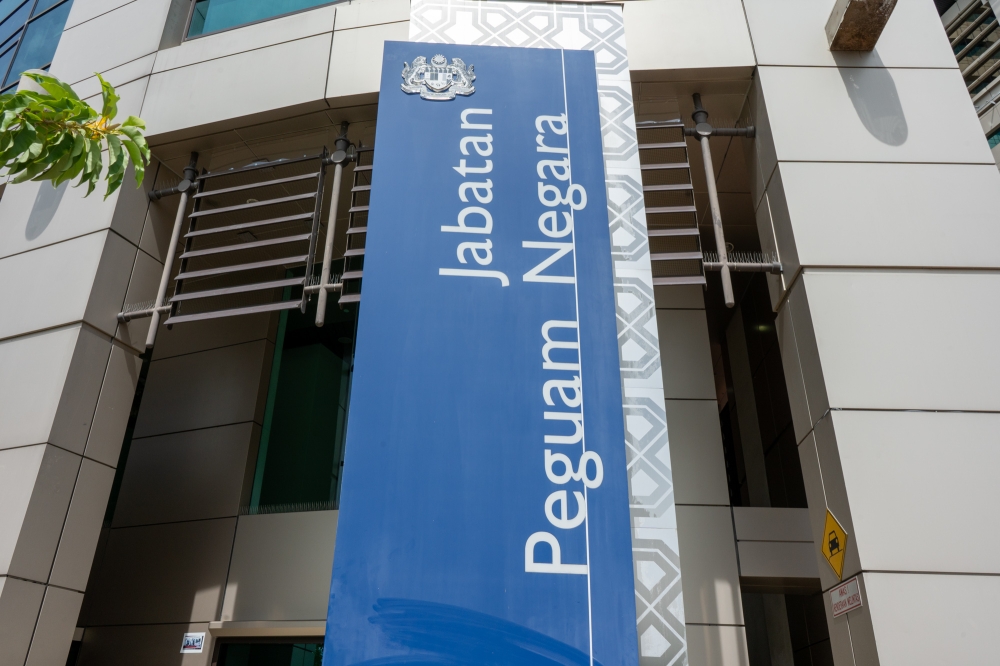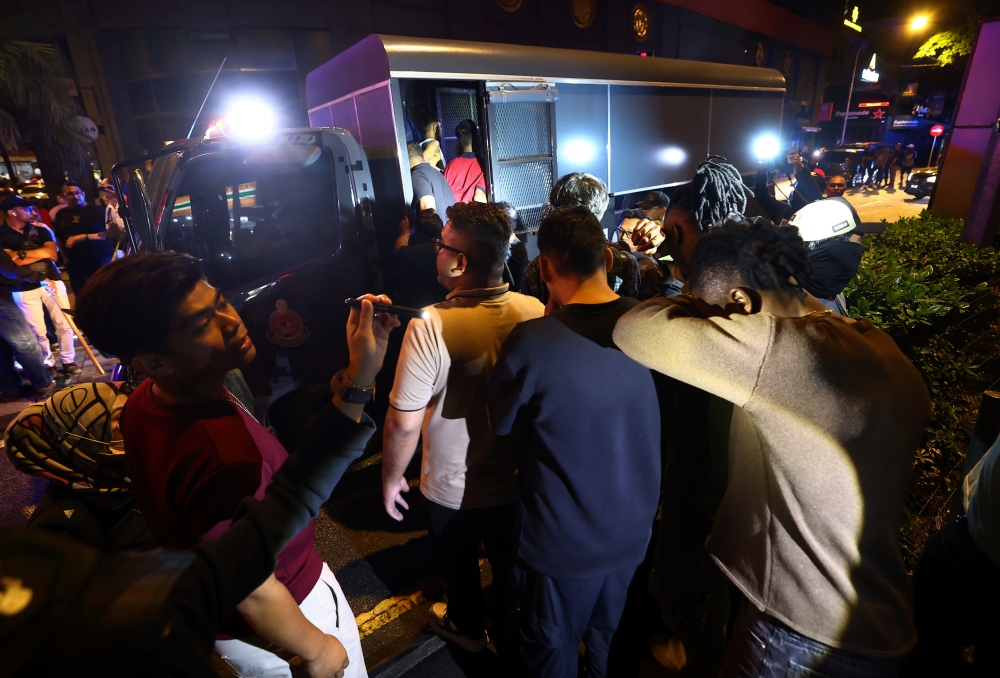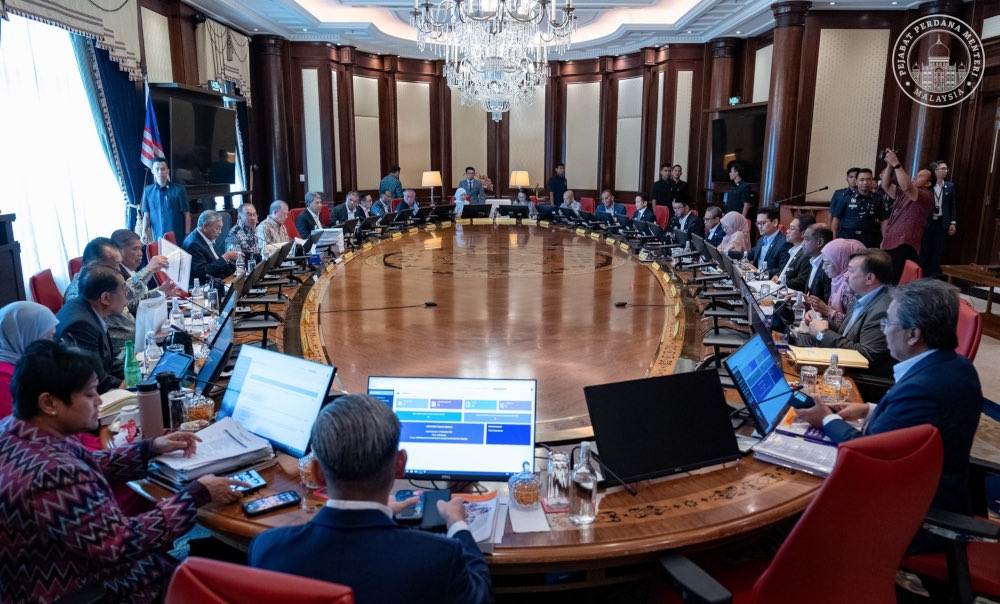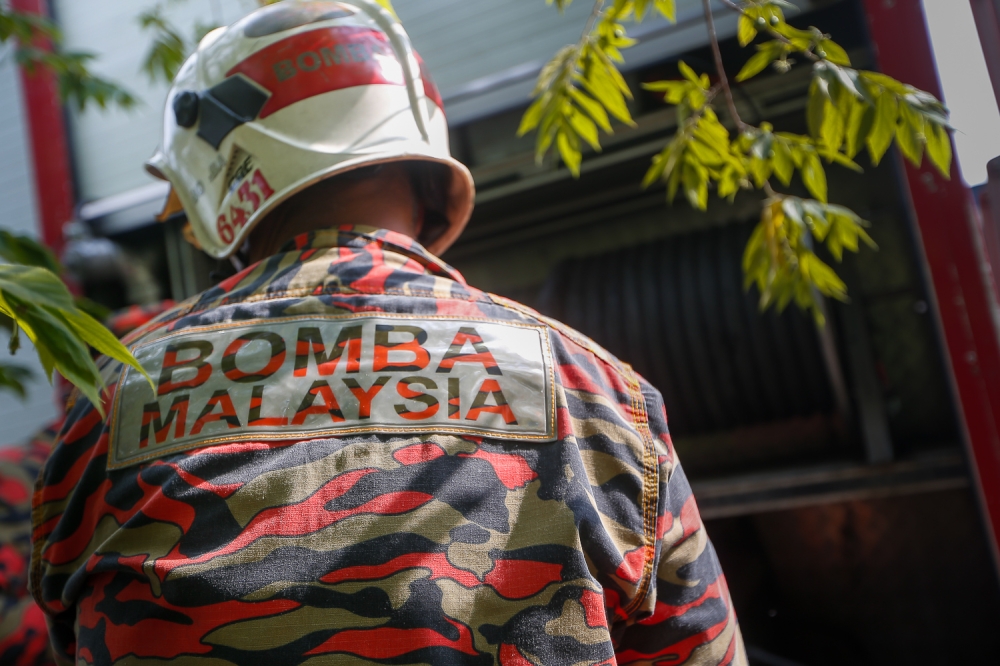FEBRUARY 4 — From an exotic market in Wuhan to global panic, the outbreak of novel coronavirus (nCoV) has stunned the international community greatly. On January 30, 2020, the World Health Organisation (WHO) declared nCoV as a public health emergency of international concern, after a week of growing concern and pressure to designate the virus at a higher threat level. As of February 2, 2020, 304 deaths reported with over 2,000 people in serious condition; over 14,000 infections recorded and infections confirmed in 25 nations, including Malaysia.
At the height of escalating tensions and worries brought about by nCoV, Malaysia’s response was scrutinised greatly so much so that the Royal Malaysian Police (PDRM) and the Malaysian Communications and Multimedia Commission (MCMC) have been taken to task against the spread of fake news on the outbreak that could threaten public security.
While we have a proven track record on the battleground during Malaysia’s fight against Nipah virus (1998), SARS (2003), H1N1 (2009) and MERS-CoV (2015), comforting Malaysians at large will not be easy especially when emotions are flaring. In addition to fighting nCoV and keeping Malaysians safe and healthy, the Government is also hard-pressed to battle unfavourable perception on Malaysia’s responses. And it does not take a genius to note that the perception war or winning the hearts and minds of the people is much tougher and arduous than exhausting efforts to identity the host and develop an antidote for nCoV.
In my Security, Science and Technology class during graduate school, we were taught that science and technology play a central role in the governance of objects and processes of security concern to a state. This is until science and technology themselves become security concerns predominantly in nuclear, biological, and cyber domains. Analysing the comments on social media convinces me that the Government is not only operating to secure Malaysians from threats in the biological domain (nCoV itself) but also cyber (polemics triggered by nCoV outbreak).
Communicating the Government’s responses therefore should focus not only on the medical aspects of nCoV, but a narration to comfort a worried nation and to ease the pressure, worry and misconceptions about nCoV. At present, Malaysians are afraid of nCoV’s power to injure, cripple the economy, transmit through human contact, and all sorts of negativity that serve only to make them wary of anything and everything China, without intention to be racist. But if a meme can teasingly show Batman was worried he will be a soup if he goes to China, that tells us something about how the people and even a superhero feels about nCoV.
Malaysians need to feel like we are winning the battle. We want to say confidently that while we don’t have full information yet about nCoV, we will beat them the way we did with SARS and MERS, given that they come from the same family of virus.
We want to be certain that while nCoV has not been previously identified in humans and is contagious even in incubation period, we got this. We want to allay our fears that while nCoV infection can be fatal for those with pre-existing medical conditions; we can and will fight it. We are not vulnerable despite our fears and uncertainties.
We must do better at managing uncertainties in our fight against nCoV. The media has a role in creating the perception of being safe among Malaysians. The health professionals are responsible to provide expert advice to our leaders. PDRM has to maintain public security because it is vital for robust and sustained economic growth and wellbeing of the society. The society must refer to the verified resources for info on nCoV.
Malaysians must secure ourselves first before expecting others to save us. We can start by washing our hands frequently with an alcohol-based hand rub or soap and water to kill virus and germs; maintain social distancing of at least a one metre distance with those who are coughing, sneezing and have a fever to avoid breathing in droplets of virus if they are infected; avoid touching eyes, nose and mouth which can be contaminated with the virus to avoid transfer from the surface; and more importantly if we have fever, cough and difficulty breathing, seek medical care early. Alert the authorities at once if we have travelled to China in the last 14 days or have been in close contact with someone with who has travelled from China and has respiratory symptoms.
Lastly, we must have faith and trust that the Government is doing the best to protect the safety, security and well-being of Malaysians, at home and abroad. No politicising of nCoV because the threat is real and is fatal. We are in this together and want to share not only our prosperity, but also the trials and tribulations of nation building.
I would like to end by thanking our front-liners and the unsung heroes namely the men and women in the entire health and medical ecosystem; KLIA cleaning staff who tirelessly wipe the surfaces to keep nCoV at bay; the officials at our embassy and consulate-general offices in China for their efforts and commitment in helping Malaysian diaspora there cope with the outbreak; local airlines who brought our citizens home; and everyone who have in their own way contributed in our shared efforts to battle nCoV.
Quoting my favourite Korean character Ri Jeong Hyeok in Crash Landing on You, “Fortune and misfortune are like twisted rope, so they come by turns. Everything will be fine soon.” I am confident that we will get through these tough times together because recovery is a national priority, collectively because a chain is only as strong as its weakest link.
* This is the personal opinion of the writer or publication and does not necessarily represent the views of Malay Mail

